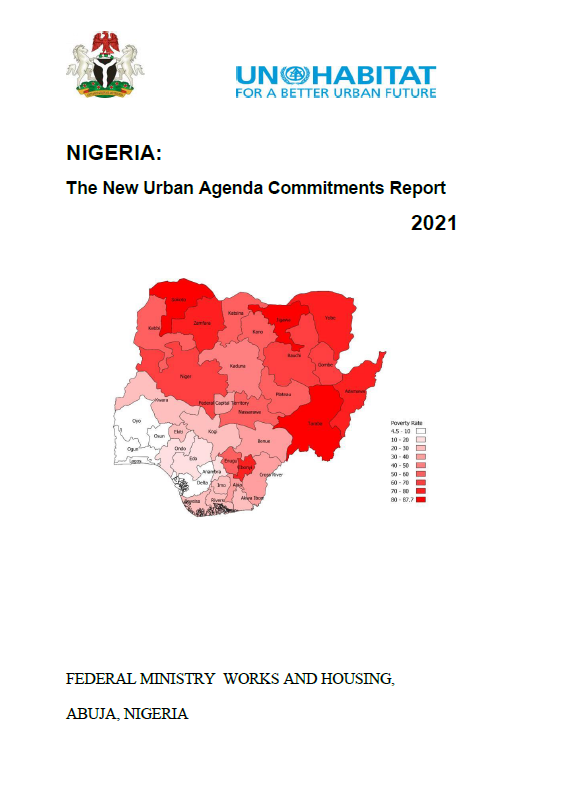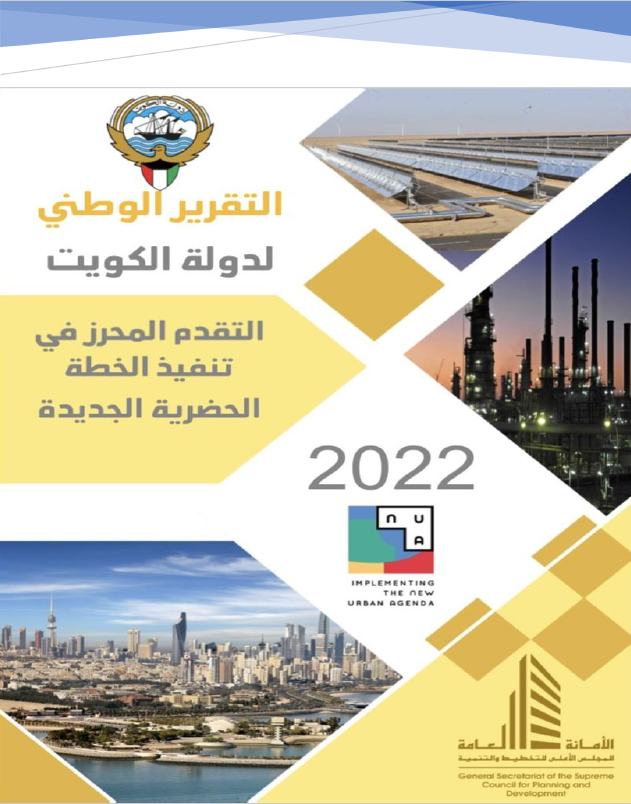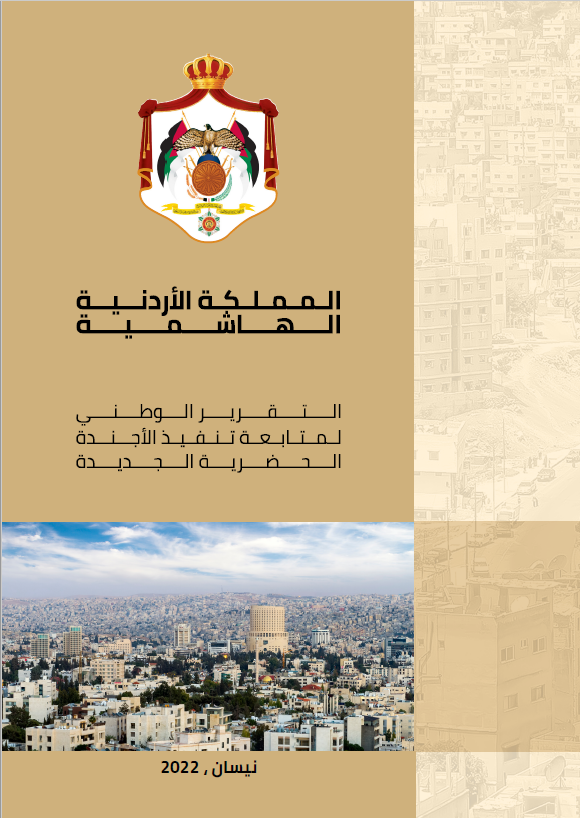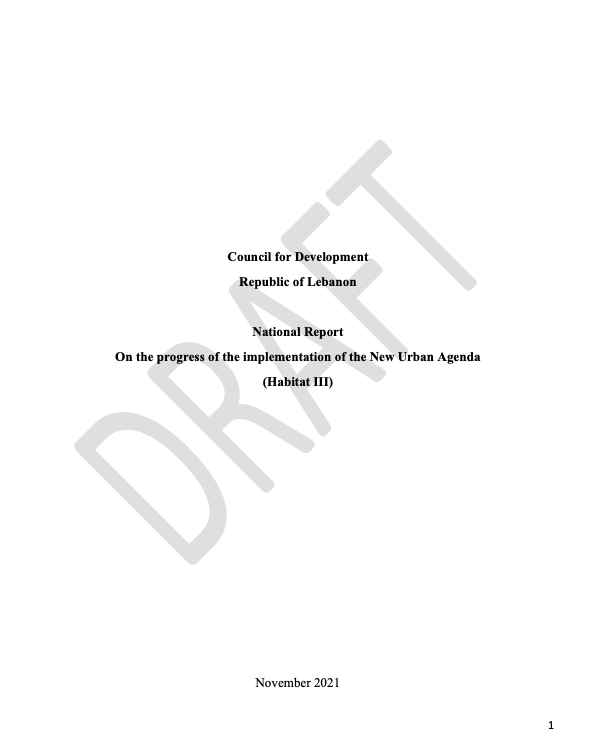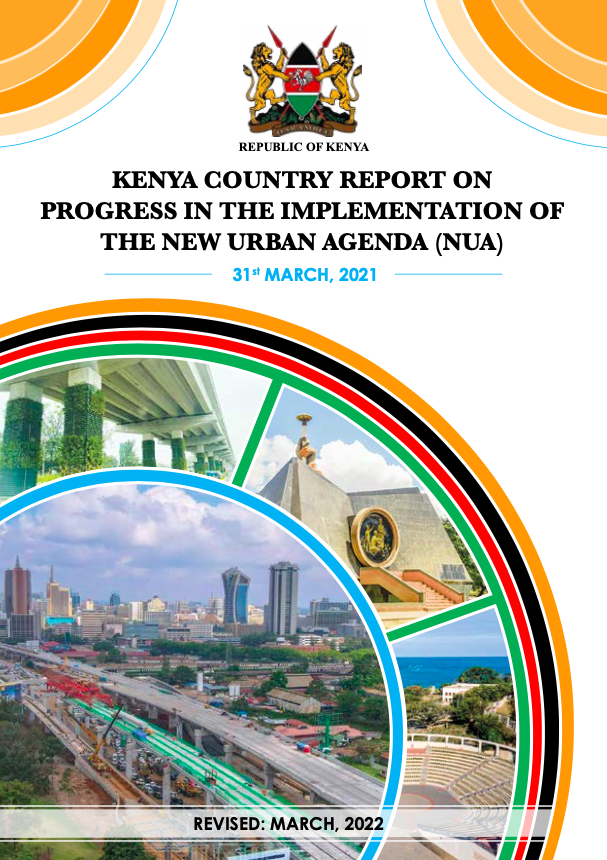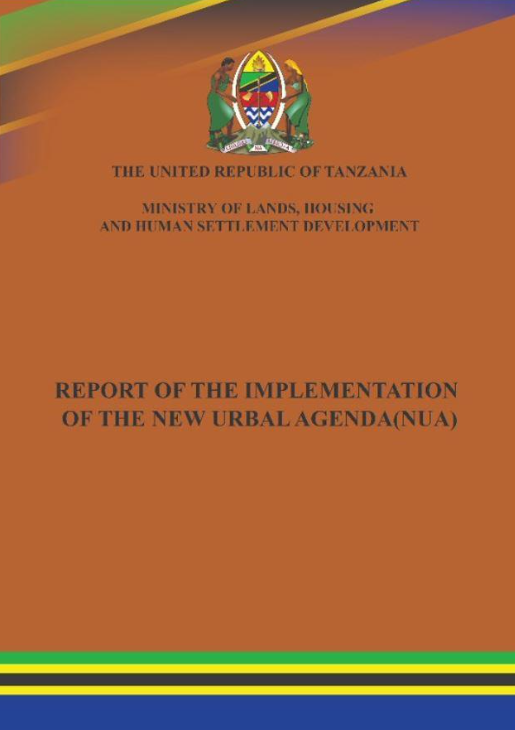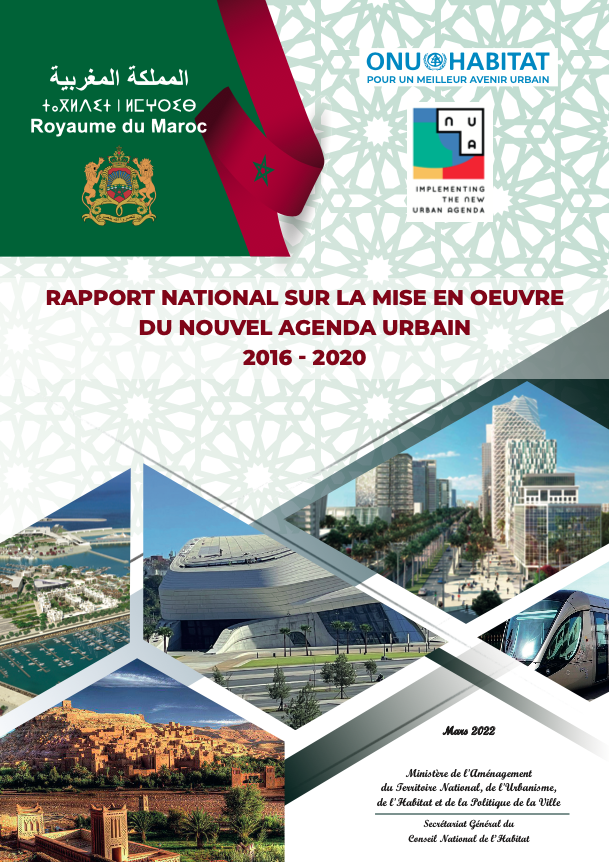National Report 2022
Nigeria is a Federal Republic with 36 states, a Federal Capital Territory, 774 Local Government Areas, and an estimated population of 206 million. This makes it the most populous country in Africa and the 7th in the world. Nigeria is rapidly urbanizing, with a current urbanization rate of 56%, which is almost six times higher than in 1950. This urbanization has brought about challenges such as housing deficit, slum proliferation, inadequate infrastructure, pollution, and climate change effects. Nigeria is committed to promoting sustainable human settlements by adopting relevant laws, policies, and programs and is a signatory to global development agendas such as Agenda 2030, Paris Climate Agenda, AU Agenda 2030, New Urban Agenda, and Sendai Disaster Risk Reduction Action Plan. Nigeria believes that implementing the New Urban Agenda will contribute to the implementation and localization of the 2030 Agenda for Sustainable Development and the achievement of the Sustainable Development Goals and targets, including Goal 11 of making cities and human settlements inclusive, safe, resilient, and sustainable. The focus of the report is to measure progress towards achieving the various SDGs and targets against the 2015 baseline and relate the progress to the 2030 SDG targets and the 2036 NUA. The report was prepared by the Federal Ministry of Works and Housing in consultation with representatives of the government, civil society organizations, private sector, academia, parliamentarians, and other sectors across the country, using relevant data collected from national statistics and line ministries dealing with urbanization and human settlements.
National Report 2022
National Report 2022
Jordan has adopted several global agreements and frameworks including the 2030 Sustainable Development Goals, the Sendai Framework for Disaster Reduction, the Paris Climate Agreement, and the New Urban Agenda to achieve sustainable urban prosperity.
Jordan 2025 is a long-term strategy that aims to achieve sustainable urban development by focusing on legislative and institutional reforms, human capital development, technological development, and economic diversification of competitive sectors that provide decent jobs for citizens. The government has launched several initiatives to promote sustainable urban development, improve housing planning, infrastructure and public utilities, transportation and communication, energy consumption, clean energy production, waste recycling, and stimulate the green economy and smart cities. Jordan is paying great attention to developing the mass transit system, public transport, smart transport, railways, and all kinds of ports. Additionally, Jordan has launched a number of strategies to provide social protection, health care, and education programs for marginalized and poor groups, including women, children, the elderly, and disabled people. The government implemented several housing programs and launched the National Program for Housing and the development of housing policies to ensure sustainability by enabling the private sector to implement housing projects directed at middle and low-income groups.
The government has also developed a plan to curb the phenomenon of unplanned and informal settlements in the next few years. The state has paid great attention to developing the renewable energy sector to diversify energy sources and stimulate sustainable economic growth through energy-intensive sectors, particularly manufacturing, transportation, construction, and agriculture. Climate change repercussions are considered one of the most important challenges facing Jordan, and the National Energy Strategy (2020-2030) has highlighted measures to provide appropriate and necessary conditions for the development of renewable energy.
National Report 2022
Lebanon public institutions are part of what is called the Lebanese State, a unitary parliamentarian republic form of government. However, it is also ruled by a set of informal understandings between dominant communitarian political factions under what some researchers call a consociationalist regime. This brings a layer of informal rules of government that are politically recognized but also continuously contested in the everyday life of public institutions. Different political factions dominating different ministries tend to develop sectorial policies and strategies with little concern for inter-sectorial governmental coordination. At time of writing this report, the cumulative effects of the "economic meltdown" crisis, the Covid-19 pandemic and the aftermath of the Beirut port blast on August 4, 2020 catastrophe have driven more people into poverty, vulnerability and harm's way. Moreover, beyond the growing scope of the demand, these crises raise new types of threats that require different expertise to address. Additionally, these crises that – for now - seem lasting erupted in a moment of deep political crisis at the regional geopolitical and national levels. More directly related to government engagement, these crises have considerably weakened the Lebanese Government legitimacy.
National Report 2021
The Ministry of Transport, Infrastructure, Housing, Urban Development and Public Works, which hosts the National Secretariat on Human Settlements is the National Focal point on Housing and human settlements matters. It coordinates stakeholders’ participation in all human settlements and United Nations programs, activities and fora at the local, national, regional and international levels. These fora include but are not limited to the United Nations Habitat Assembly, United Nations General Assembly (UNGA), Habitat Agenda, National, Regional and World Urban Fora, and World Habitat Day among others. Outcomes of these fora have been instrumental in informing Government policies and legislation at all levels. The Ministry constituted a broad-based National Habitat Committee (NHC) after the Habitat II Conference held in 1996 as was required by the Habitat Agenda. This report is structured into three parts that include: Transformative Commitments for Sustainable Urban Development; Effective Implementation; Follow-up and Review with achievements, challenges and lessons learnt outlined. The reporting process is expected to be continuous and is also aimed at creating and reinforcing partnerships among all relevant stakeholders and fostering exchanges of urban solutions and mutual learning. It is also for effective coordination and coherence in the implementation of the NUA.
National Report 2022
This report is an action-oriented document that provides the implementation of global principles, policies and standards as a Country to achieve sustainable urban development, transform, construct, manage and operate in our cities. It also elaborates efforts around urbanization for a wide range of actors including nation states, cities, regional leaders and private sectors. The Tanzania Stakeholder Committee prepared it for Reporting on Implementation of Habitat III Agenda. It consists of Tanzanian’s declaration on sustainable cities and human settlements; a shared vision; Principles and commitments; call for action; Tanzanian’s implementation action plan; Means of implementation; follow up and review of the NUA and an implementation framework matrix. This report is divided into three parts; Part one discusses progress Tanzania has made so far in implementing commitments outlined in the New Urban Agenda through numerous strategies and interventions. It can be witnessed that Tanzania has registered remarkable economic growth and persistent decline in poverty. The proportion of population below the basic needs’ poverty line (national average) has been decreasing over time. Part two discusses measures, initiatives and means that have been put in place to help in the implementation of the New Urban Agenda. Part three presents the monitoring and review strategies in the implementation of the New Urban Agenda in the country.
National Report 2022
Le présent document est le premier rapport national quadriennal relatif à la mise en œuvre du nouvel agenda urbain par le Royaume du Maroc. Il a été élaboré conformément aux directives de l’Onu-Habitat en la matière. Le Ministère de l'Aménagement du Territoire National de l’Urbanisme, de l’Habitat et de la Politique de la Ville a veillé à faire du processus d'élaboration de ce rapport une excellente occasion de sensibilisation et de mobilisation autour des principes et engagements du NAU. En effet, le Ministère a mandaté le secrétariat général du Conseil National de l’Habitat pour engager un large processus de concertation avec l'ensemble des parties prenantes concernées par l'habitat et le développement urbain. Un dispositif de gouvernance à trois étages a été mis en place pour donner à ce rapport toute sa légitimité nationale, mais également pour pérenniser le suivi et l'évaluation de la mise en œuvre du NAU.
Pagination
- Previous page
- Page 21
- Next page
